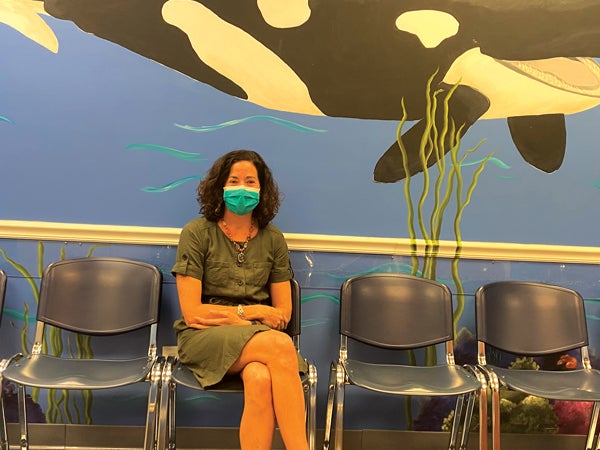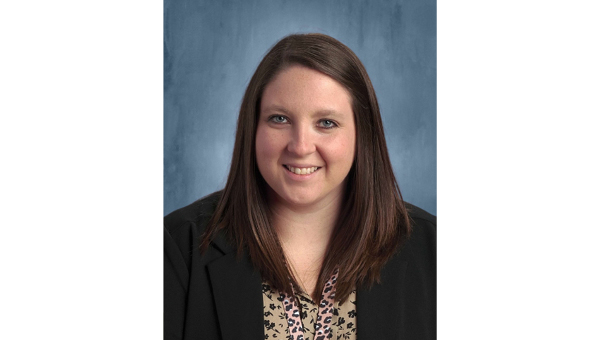Exploring the topic of children and COVID-19
Published 4:48 pm Thursday, August 27, 2020
|
Getting your Trinity Audio player ready...
|
BY BRITTNEE NAVE
STAR CORRESPONDENT
Children and COVID-19 has been a topic of discussion lately as school systems work to reopen safely.
Dr. Rachel Hecht, a pediatrician with Riverside Pediatrics, explained the very real and ever changing aspects of children, this virus and guidelines.
She described that while cases for kids are relatively mild, there are risks for more dangerous effects occurring.
“It is very similar to upper respiratory viral infections we see, so fever, cough, some get diarrhea, and they can be mild,” she said, “but there is also a very potentially dangerous consequence later in COVID of MIS-C.”
Multisystem inflammatory syndrome in children (MIS-C) is defined by the Mayo Clinic as a serious condition in which some parts of the body, such as the heart, blood vessels, kidneys, digestive system, brain, skin or eyes, become inflamed. This is rare.
With schools working to resume, Hecht said that parents have been concerned about the virus.
When in-person learning does occur, children are being required to wear masks at school. Hecht urged parents to try methods like parent modeling, in which parents wear their masks properly and have a good attitude about it. She went on to say that she has found that many children are actually fine with wearing a mask. Children above the age of two are those who need to be wearing a mask, which should also properly fit. Masks not recommended by the CDC, such as those with vents in them, bandanas or gaiters should not be worn.
In terms of children posing risks to their parents of bringing the virus home, it’s not really that simple.
“Potentially, however, looking at studies from other countries, usually children are the ones who carry the flu and other diseases home to their parents. This virus is not exactly like that,” she explained. “Children, especially the 10 and under group, tend to have milder cases and be less the cause or spread of it than adults and older children.”
For schools, Hecht spoke on current goals with the virus.
“I think most people in pediatrics and education feel that the ultimate goal is to get children back into the school setting as safely as we possibly can,” she said.
To ensure safety, she urged following guidelines like wearing masks, social distancing and routine school cleanings.
Schools play important roles in the lives of children. Developmentally, Hecht said that schools are essential for things like social skills, and virtual learning could be especially difficult for younger children and those with disabilities.
Hecht provided some tips for keeping children safe, physically and mentally. She urged that parents take the time despite the pandemic to get their children’s physicals and up to date immunizations, get the flu shot, and be careful with activities like playdates outside of school, however when interacting with kids, limited numbers and outdoors is best. Mentally, acknowledging what is going on in the world, talking and having an awareness with children is essential.
Just as things change daily, Hecht said that circumstances and schooling needs vary.
“There’s really no one right answer for every single family,” she said.






